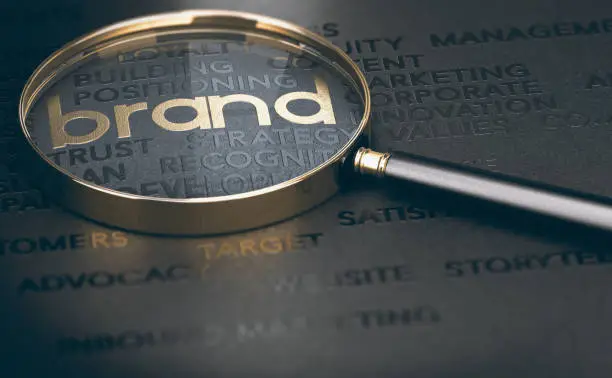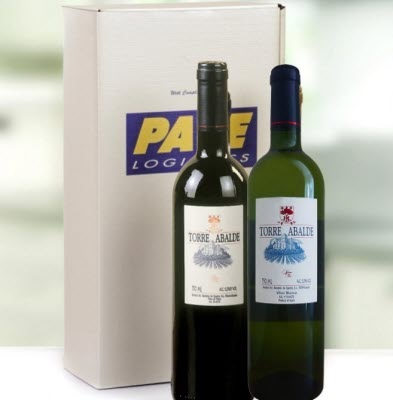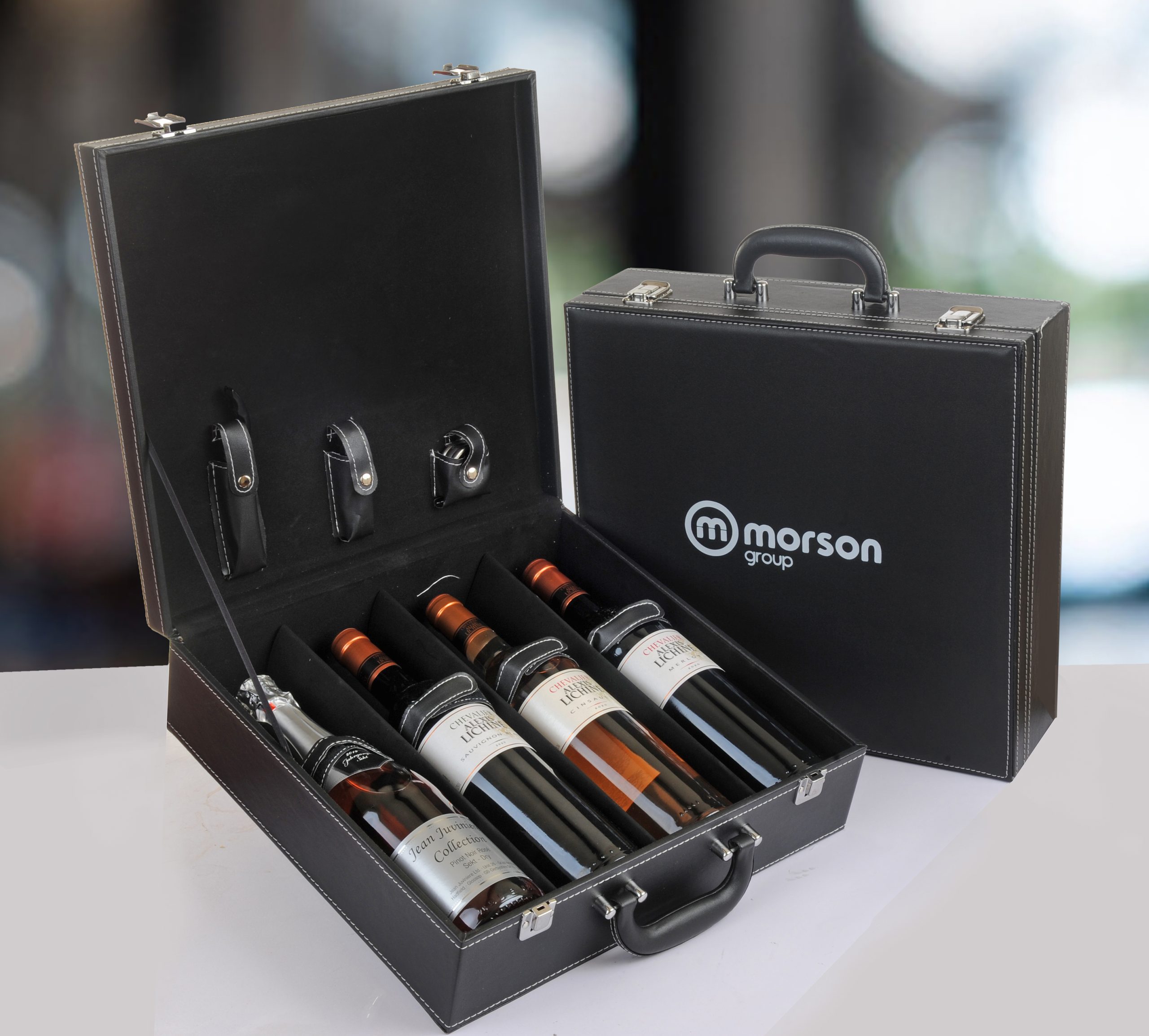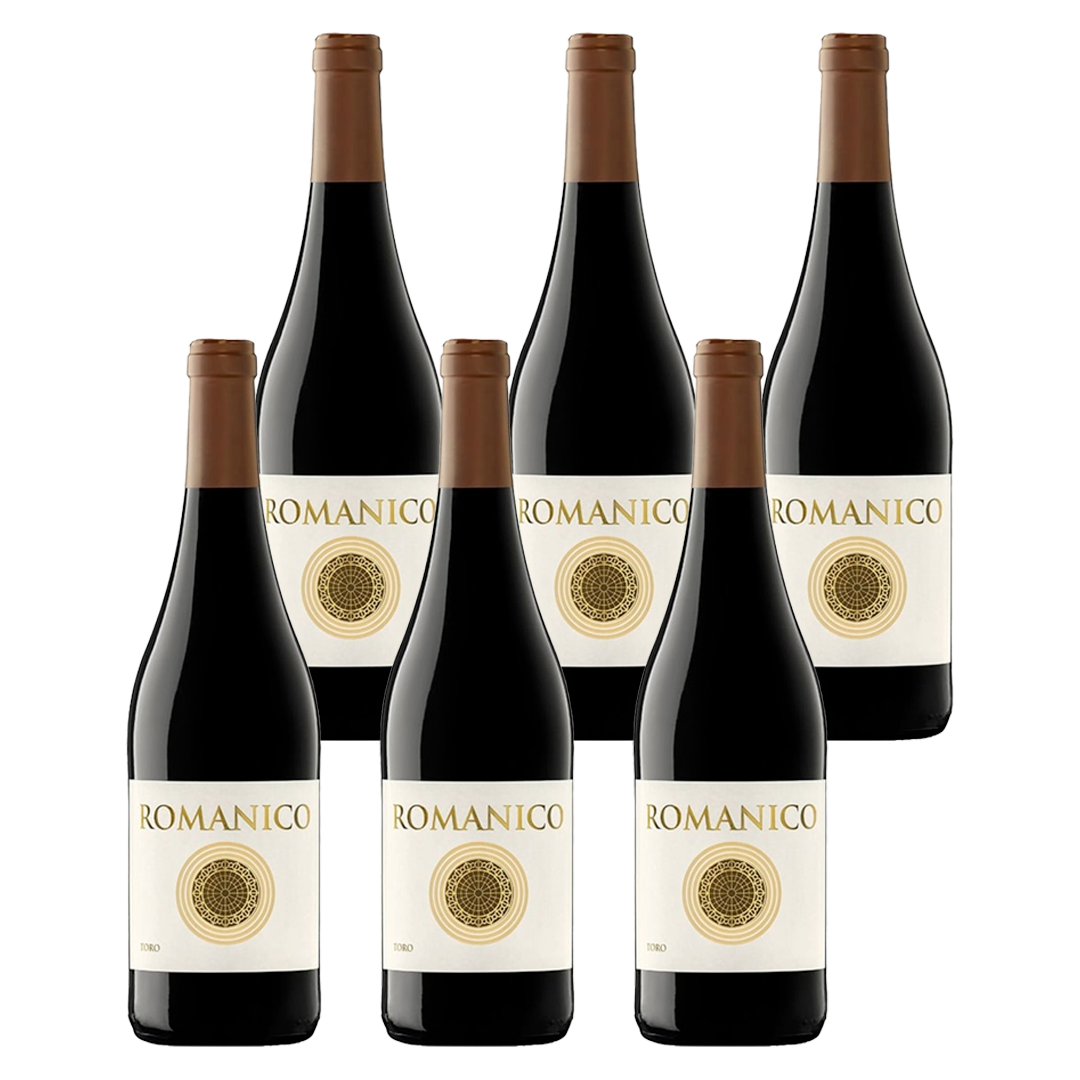

When Does a Promotional Item Become a Corporate Gift?
Promotional items and corporate gifts are a cornerstone of business marketing strategies.
Although they may appear interchangeable, there are distinct differences in their intent, value, and context. Understanding when a promotional item crosses the boundary to become a corporate gift can help businesses maximise their impact and build strong professional relationships.
What’s the difference?
Promotional items are typically branded products a company distributes to raise awareness of its products or services. Have you ever been to a corporate event and come away with pens, keychains, tote bags, or mugs featuring a company logo? While it’s nice to have a bag of swag, these everyday promotional items are often low-cost and mass-produced, intended to increase brand recognition.
Meanwhile, corporate gifts tend to be higher-value items. Often customised or carefully chosen to show appreciation or promote exclusivity, these personal gifts focus more on relationship-building than general promotion. Corporate gifts include premium wine, bespoke hampers, and personalised products. (Hint, hint.)
Still trying to figure out the difference? You can determine the distinction between promotional items and corporate gifts by considering the following factors:
Intent
The primary role of promotional items is marketing. Companies often distribute promotional items at events and trade shows to serve as tangible brand reminders. For example, handing out a branded tote bag at a university fair is an excellent way to remind the recipient about the brand each time they use the product.
On the flip side, businesses tend to give corporate gifts to strengthen a relationship—whether with a client, a partner, or an employee. These gifts are less about visibility and more about showing gratitude, celebrating milestones, or encouraging loyalty.

Value
While promotional items are often inexpensive so that businesses can distribute them en masse, corporate gifts tend to have a higher monetary value or perceived worth. For instance, a branded stress ball is a promotional item, while a luxury leather wine box with a personalised message is a corporate gift.
I know which I’d prefer to receive.

Context
How you give the gift will help you further differentiate between promotional items and corporate gifts.
Promotional items are distributed to a large audience, often without personal interaction. On the other hand, corporate gifts are usually presented more personally, such as in a client meeting or to thank staff over the festive season.

Personalisation
Where promotional items are typically generic, featuring the company’s branding or logo, corporate gifts often include a personal touch, such as the recipient’s name, a thoughtful note, or carefully chosen items to reflect individual preferences.

Why Does the Distinction Matter?
Understanding when a promotional item becomes a corporate gift will not only help you choose relevant products, but it also has practical implications for your business, including:
Brand Impact
Knowing the difference between promotional items and corporate gifts helps businesses achieve the desired impact. Promotional items are effective for brand awareness and generating leads, while corporate gifts build deeper connections and increase loyalty.
Sending a generic promotional item when a thoughtful corporate gift is more appropriate could undermine your relationships.

Tax and Compliance
In the UK, HMRC treats promotional items and corporate gifts differently. The tax office allows businesses to deduct the cost of promotional items if they meet specific criteria, such as being low-cost (under £50) and prominently displaying the company logo.
However, corporate gifts—especially unbranded—may not qualify for tax deductions and could even be considered a taxable benefit for the recipient.

Ethics
Corporate gifting must adhere to ethical guidelines, particularly in industries with strict regulations like finance or healthcare. Where lavish corporate gifts can raise concerns about bribery or currying favour, modest promotional items rarely face the same scrutiny.

Best practices for gift buying
To make sure your gifting strategy is clear and constructive, consider the following best practices:
Define Your Purpose
Ask yourself why you’re giving the item. Is it to spread brand awareness or nurture a client relationship? Your answer will help you choose a fitting gift.

Set Clear Budgets
Differentiate budgets for promotional items and corporate gifts to help with financial planning and ensure you invest appropriately in key relationships.

Mind Your Branding
Excessive branding can push an item into the promotional category, even if it is high-value.
For example, a luxury wine hamper with subtle branding feels like a gift, while one covered with logos is more of a marketing technique.

Tailor Your Approach
Invest time in understanding their preferences when buying gifts for important clients or partners. Thoughtfulness can turn a generic item into a meaningful corporate gift.

The difference between a promotional item and a corporate gift depends on intent, value, context, and personalisation.
While promotional items help you raise brand awareness amongst a large audience, corporate gifts are a more subtle way of developing meaningful relationships.
Navigating this distinction and being intentional can ensure that every item you give serves its purpose and reflects well on your brand.
Need help choosing corporate gifts?
Our friendly experts are on hand to make buying your corporate gifts simple and stress-free. We’re sure you’ll have a fantastic experience with us, so don’t hesitate to contact us by phone or email with any questions.
 Fine Branded Corporate Gifts
Fine Branded Corporate Gifts  Card Wine Boxes
Card Wine Boxes Wooden Wine Boxes
Wooden Wine Boxes Leather Wine Boxes
Leather Wine Boxes Wine Hamper
Wine Hamper Champagne Gifts
Champagne Gifts All Wine
All Wine Red Wine
Red Wine White Wine
White Wine Rose Wine
Rose Wine Sparkling Wine
Sparkling Wine France
France Spain
Spain Rioja
Rioja Veneto
Veneto Business Anniversary Wine Gift
Business Anniversary Wine Gift Christmas Wine Gifts
Christmas Wine Gifts Corporate Wine Tasting
Corporate Wine Tasting Company Events
Company Events


